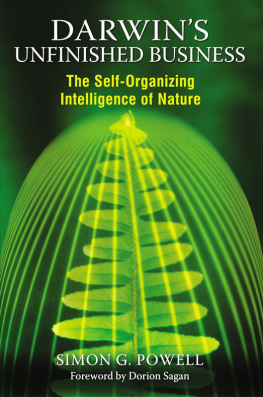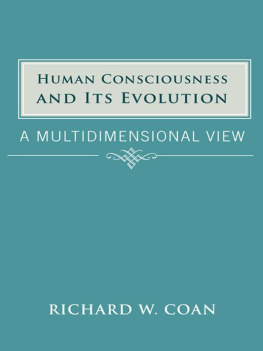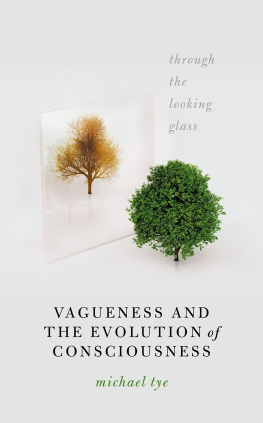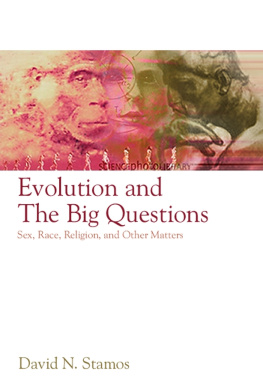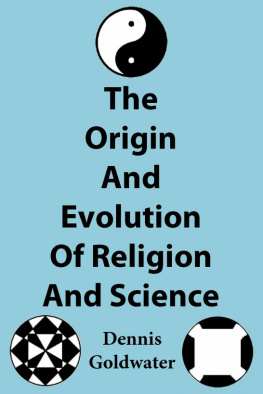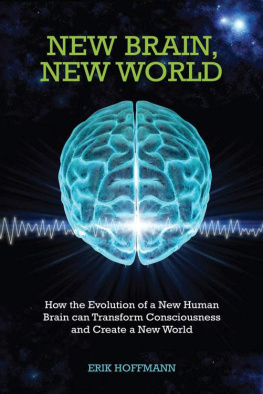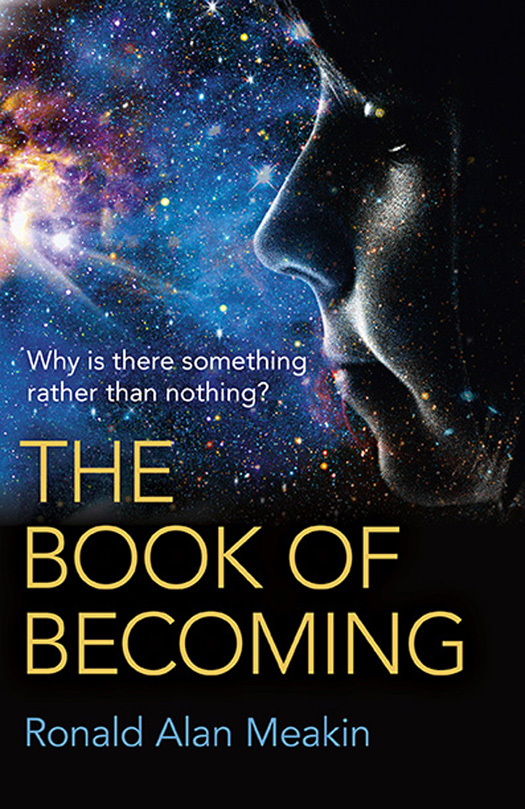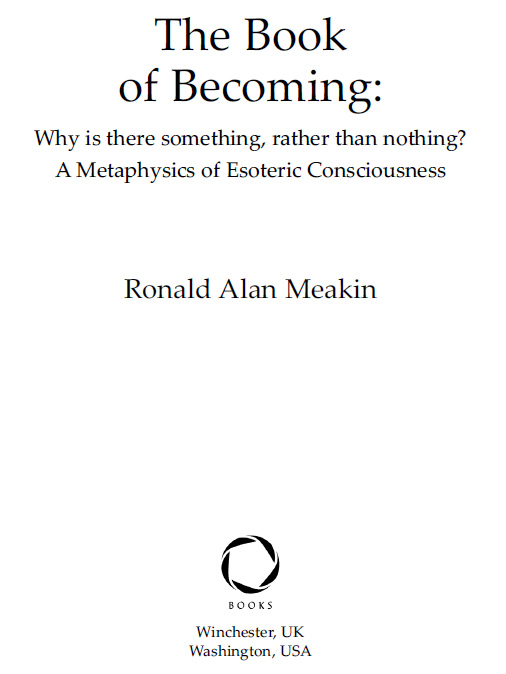My grateful thanks go to Alan Brown of Gttingen, Germany, for his steadfast work in reading my drafts and in advising on the use and presentation of the English language.
My special thanks go to my wife Annie for her continued support during the five-year period when this book was researched and written and for keeping me anchored in our earthly reality. Her love of life shines brightly as a beacon of hope for us all.
Introduction
Why is there something, rather than nothing?
Are you searching for answers? How do you determine the reason for our being here? Can you recognise any purpose or direction to our own existence and that of our ancestors and descendants?
The Why question asked above was one that kept arising during a recent study of theology, philosophy and esotericism at university, where it became apparent that there was little or no consensus towards an answer that was able to take account of the various aspects of life as we experience it today. During discussion periods, usually in the local pub, friends and fellow students would venture their opinions and this confirmed that most of us appeared to be searching for some sort of under- standing as to how and why we are here, and what the future may hold.
As one might have expected, opinions ranged across the entire spectrum of human experience, with views that were passionately held and expressed, but which arose mostly from the self-interest of the individual, or from conditioning applied throughout childhood and sometimes beyond. There were very few that were willing to truly open their minds to all possible answers; very few who were prepared to think freely, possibly on a different level, to take account not only of the experience of others, but also of all of the possibilities that were opened up before them.
Do you have an open mind? Are you able keep it open to any or all of the possibilities that exist in a reality that might not be as certain as it appears upon first consideration? These are also the questions that have driven the context of this book and are the questions that will challenge your freedom of thought throughout. The benefits, for readers who achieve the open state of mind that this book encourages, are immense with a possible outlook that enables the freethinker to look at the scale and depth of the problems that face the human race from a fresh and ultimately optimistic point of view. This book is not meant to be academic and readers will recognise that there is little or nothing that is new within it, but existing views have been challenged and some are approached from a different direction, in an attempt to provide a clearer and more complete view of our reality.
Some of the concepts described herein are difficult to accept at first (or even second) glance. This is intentional; they are designed to challenge your reason and logic, to extend your perception; to take to task the scope and the influence of the body of science and technology, of the workings of politics and philosophy, of the nature of the arts and of creativity, and the success and failure of religion and religious practices.
These difficult conceptions are then placed within the scope of our social and communal reality and our cultural and traditional heritage in such a way as to meld each aspect of reality to each of the others, in an attempt to present a holistic view of the current human condition. From this vantage point we then proceed to sketch a means whereby it might be possible for the human race to continue to prevail, to maintain dominion, to survive and to flourish on planet Earth.
This book was written because the need was felt to attempt to answer the Why question stated at the head of this page and to bring together the various strands of reality in an attempt to weave them into a single thread. The current trend towards keeping each aspect of reality in a discrete, separate compartment, or sub-compartment, with often jealously guarded boundaries, can only lead to the growth of a disparate and fragmented, factional reality in the future. The world stage has a theatre of reality that is much larger, by far, than the sum of its constituent parts and we must, through our own perspective, learn to grant to each act its just and virtuous worth, no matter how small. The absence of even the smallest act on the world stage renders the theatre of our reality incomplete.
Part I describes those characteristics of the Cosmos that go to make up our current reality. Each aspect derives from the foundations that modern science and technology are laying down in their quest to define the existing patterns upon which our reality rests. At each point, those non-scientific aspects of reality that we believe are a part of our existence are overlaid on the scientific foundation, in order to bring into focus an expanded world or Cosmic view; a view that requires each of us to consider and, if possible, accept the possibility that there exists a reality beyond that which we encounter through our natural senses. Part II develops the ideas presented in Part I to the point where we are able to consider one possible future that is available to humanity. Part III seeks to describe that possible future.
Help along the way is taken from a wide range of sources commencing with a translation of The Emerald Tablet by Sir Isaac Newton and culminating in modern conceptions of neuro- science and genetics, with the Gaia theory of James Lovelock and Lynne Margulis playing a prominent role. Robert de Ropps The Master Game will also feature as the only game worth playing in the topic of consciousness discussed throughout. Topics such as The Law of Attraction, the laws of nature demonstrated in The Golden Ratio, the part played by Jaynes concept of The Bicameral Brain form part of our considerations as to how we have arrived at our present state of development.
If you believe that your mind is truly open, to even the tiniest extent, then this book may serve to focus your thinking upon constructs of reality and future development, in order to determine, for yourself, if life on Earth stands any chance of survival. Whether or not you agree or disagree with the nature and structure of the Cosmos described herein, or the possible future of what we, as a race, are capable of becoming, is not relevant. You are challenged to come up with your own scenario of how we have arrived at the point where we are, and what the future holds for our development.



